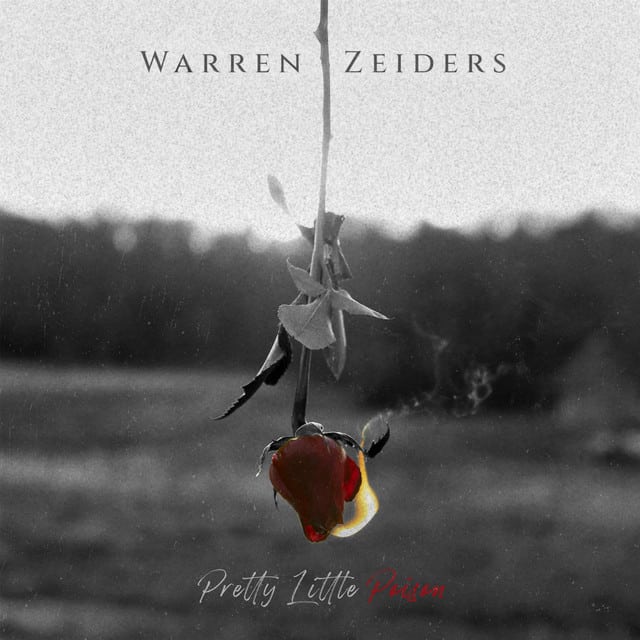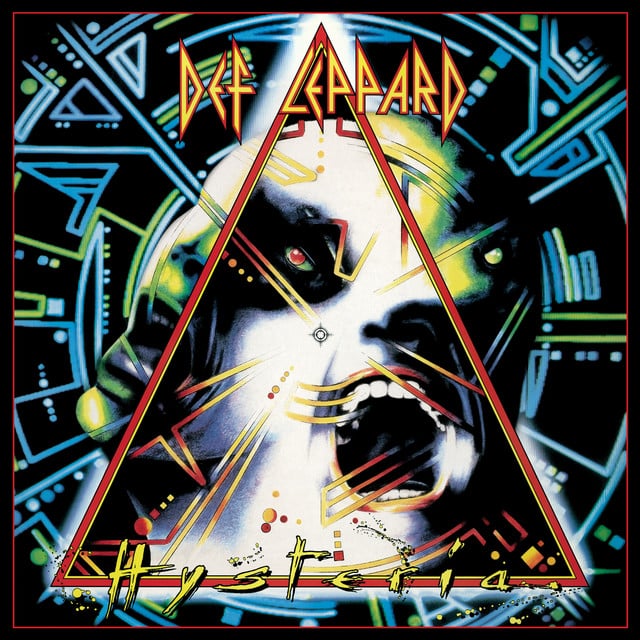Released: 2023
“Pretty Little Poison” by Warren Zeiders serves up a raw, gritty ballad that speaks to a familiar, yet dangerous kind of love. In the realm of rock, it’s not uncommon for love to be compared to a drug, and in this tune, Zeiders isn’t shy about confessing to an addiction to a toxic romance. The song portrays a tumultuous relationship as an intoxicating substance that’s hard to quit, despite the pain it causes.
The opening lines set the stage for a nightly ritual, where loneliness acts as a siren call for a memory or person that haunts the singer. Zeiders talks about how this figure “rolls up when the wine is gone,” a poetic way of saying she comes back into his mind when he’s most vulnerable. The “record on repeat” signifies the cyclical nature of the situation—no matter what, he’s stuck in the same loop. There’s a sense of comfort in her familiarity, even though he knows this cycle, much like leaning on “old memories,” is probably causing him more harm than good.
The chorus is where Zeiders hits hard with the metaphor of the woman as “pretty little poison.” The oxymoron here is no accident; she’s appealing (“pretty”), diminutive and endearing (“little”), yet ultimately harmful (“poison”). The “heartache in the night” suggests a quiet, personal suffering that he endures, while her “kiss on her lips just like cyanide” vividly paints the woman’s allure as both irresistible and deadly. That he “goes out on that high” reveals how the singer knowingly embraces the risk for the intense emotional rush she provides.
In a powerful turn, Zeiders shifts the perspective in the bridge, contrasting his addiction to the woman with a common vice: alcohol. He dismisses the bottle, declaring that his fix is the woman herself. It implies that she’s his sole desire, his vice of choice, and nothing else can quite fill that void. The simplicity of the line “I just want you” drives home the raw dependency he has on her, stripping away any pretense.
By the song’s conclusion, he reasserts his commitment to the cycle, repeating the chorus to reinforce the impression of being caught in a loop of desire and pain. It’s a rock-solid confession filled with the classic struggle of longing and regret—a tale as old as the blues, as searing as a guitar solo, and as familiar to rock aficionados as the needle is to the vinyl.








